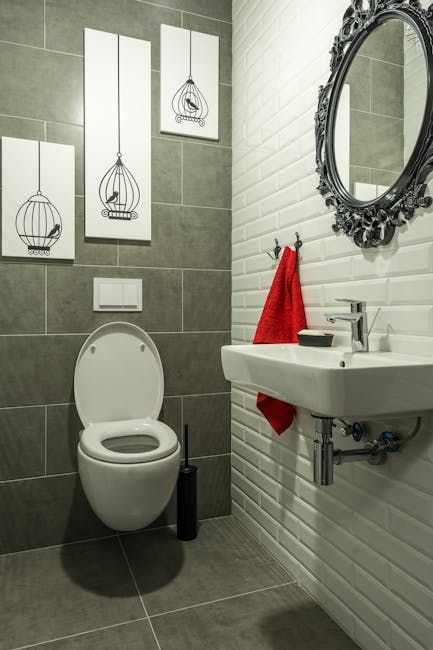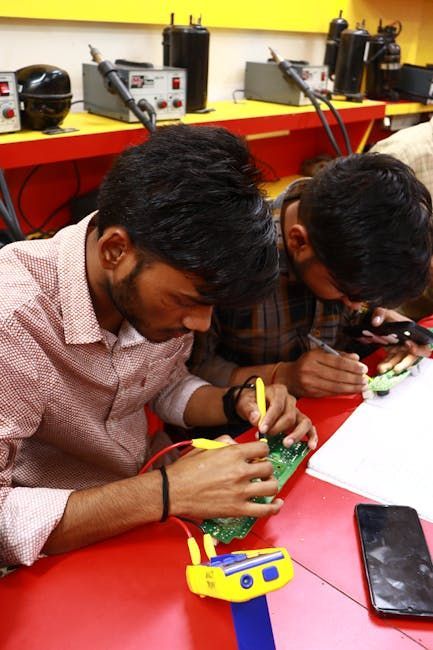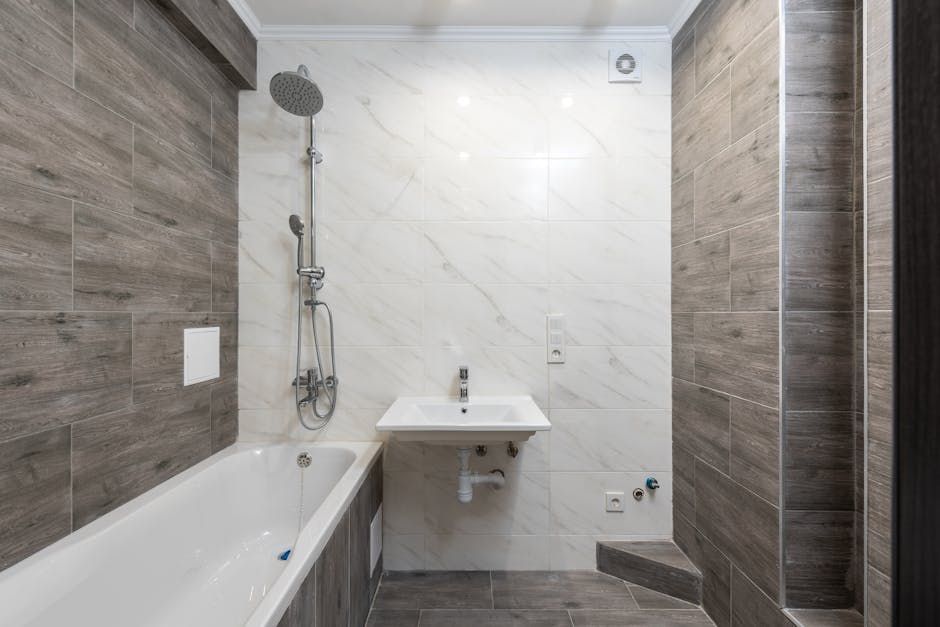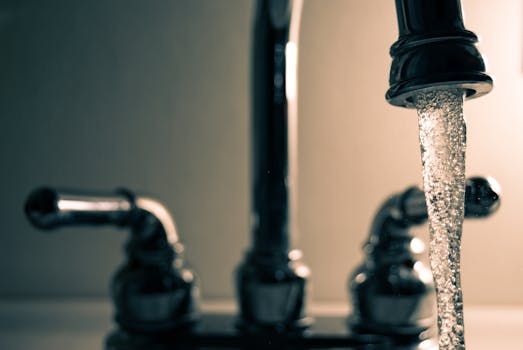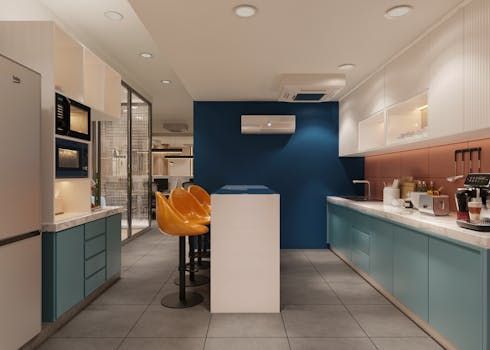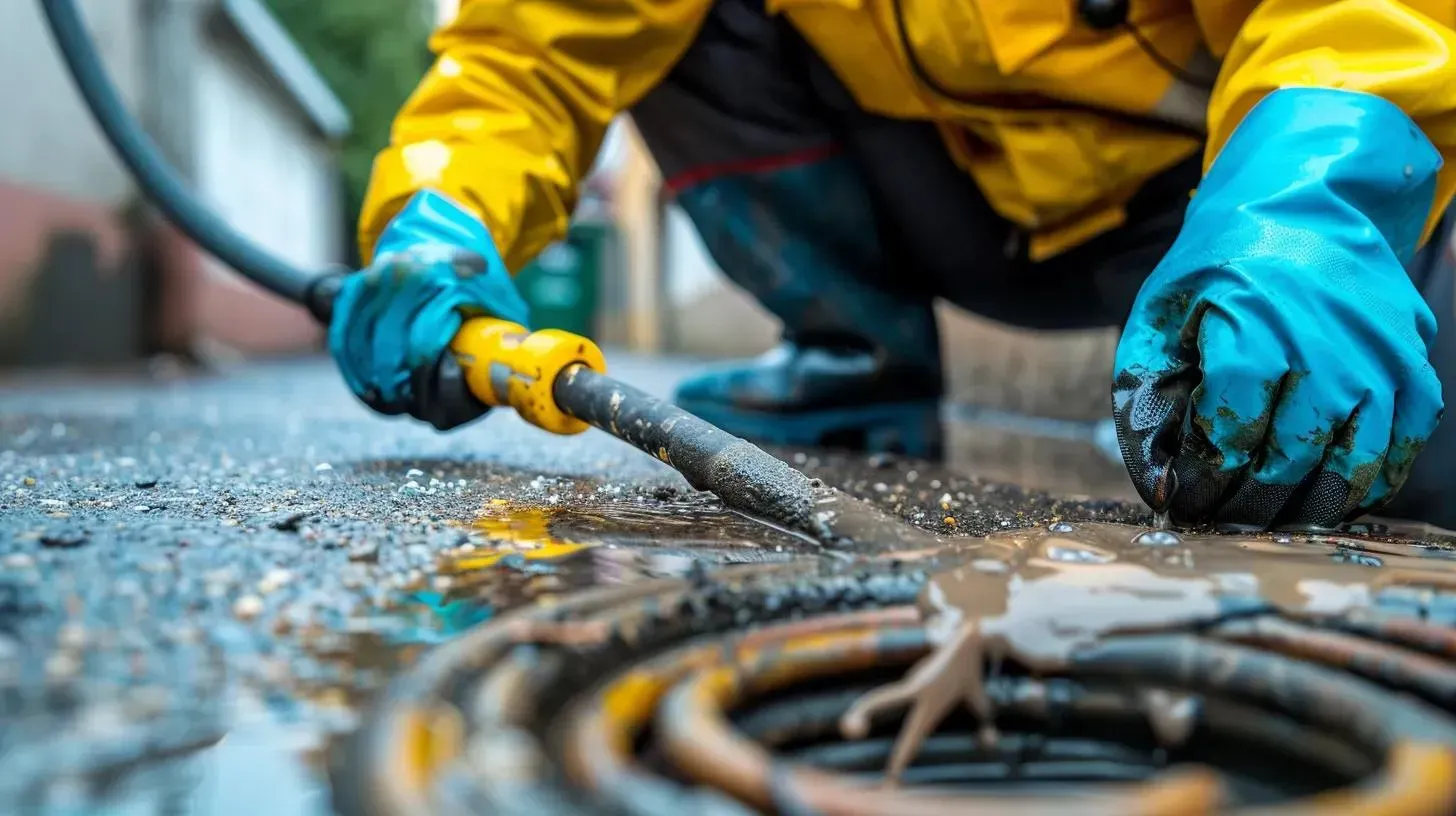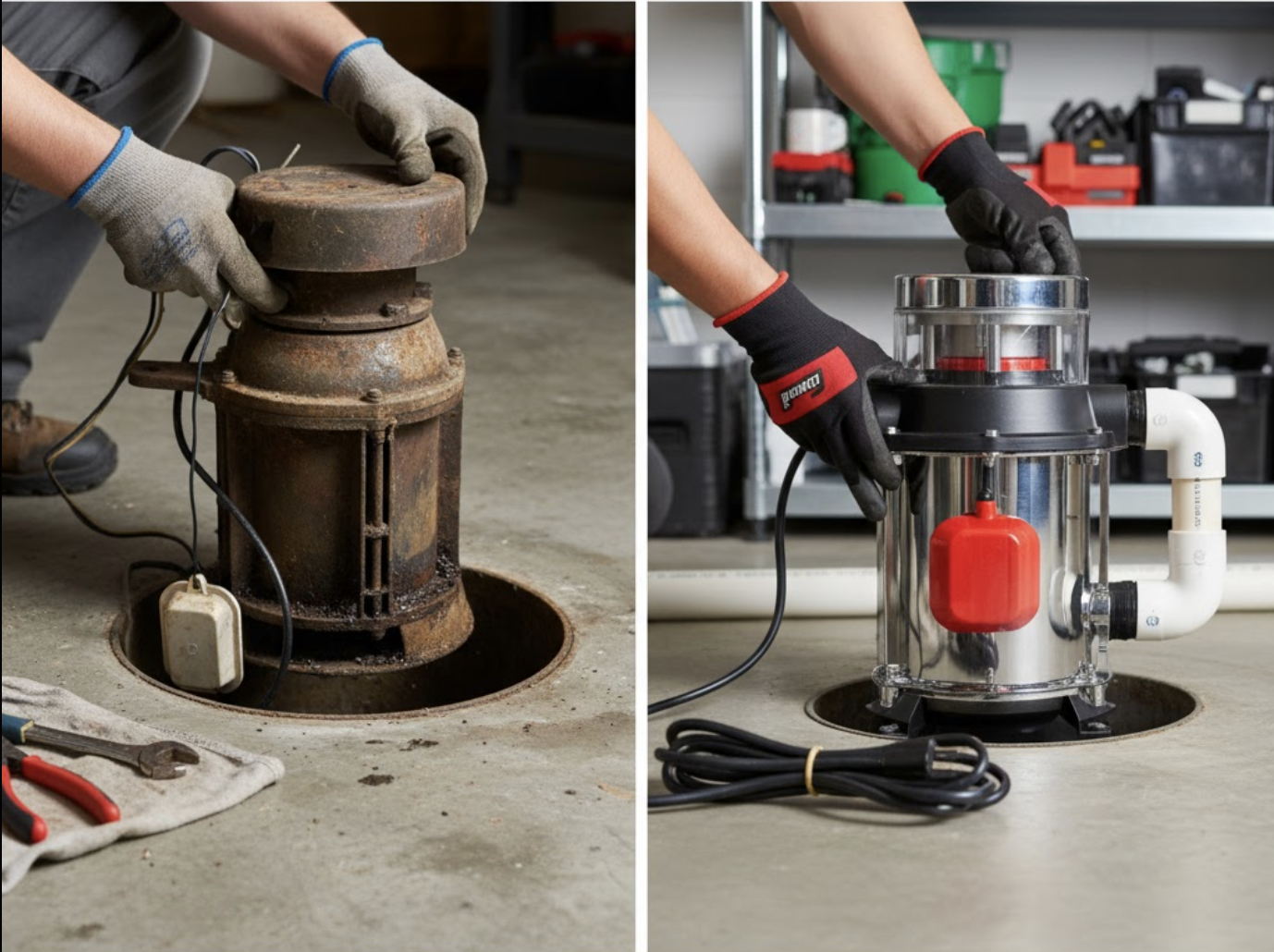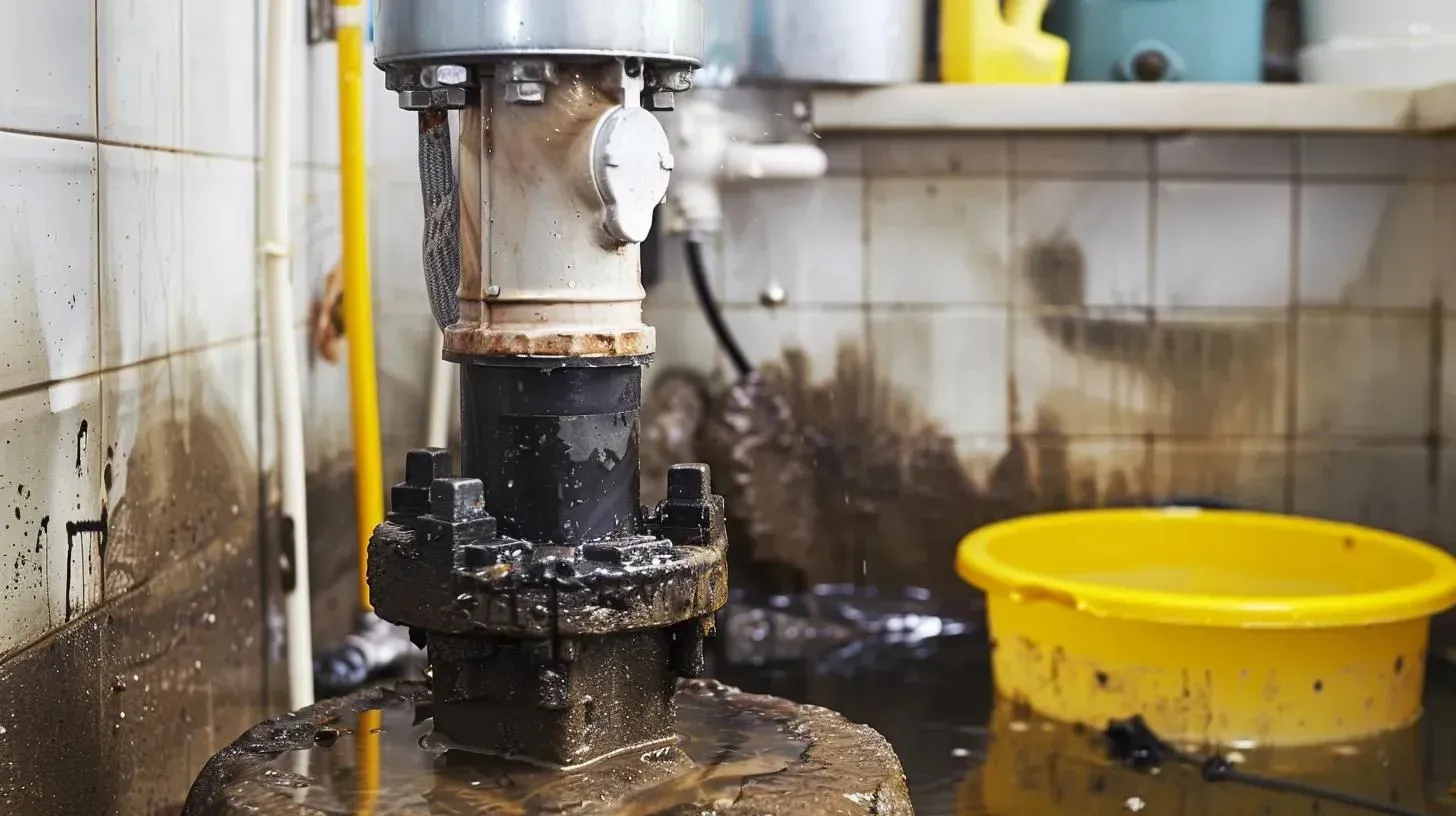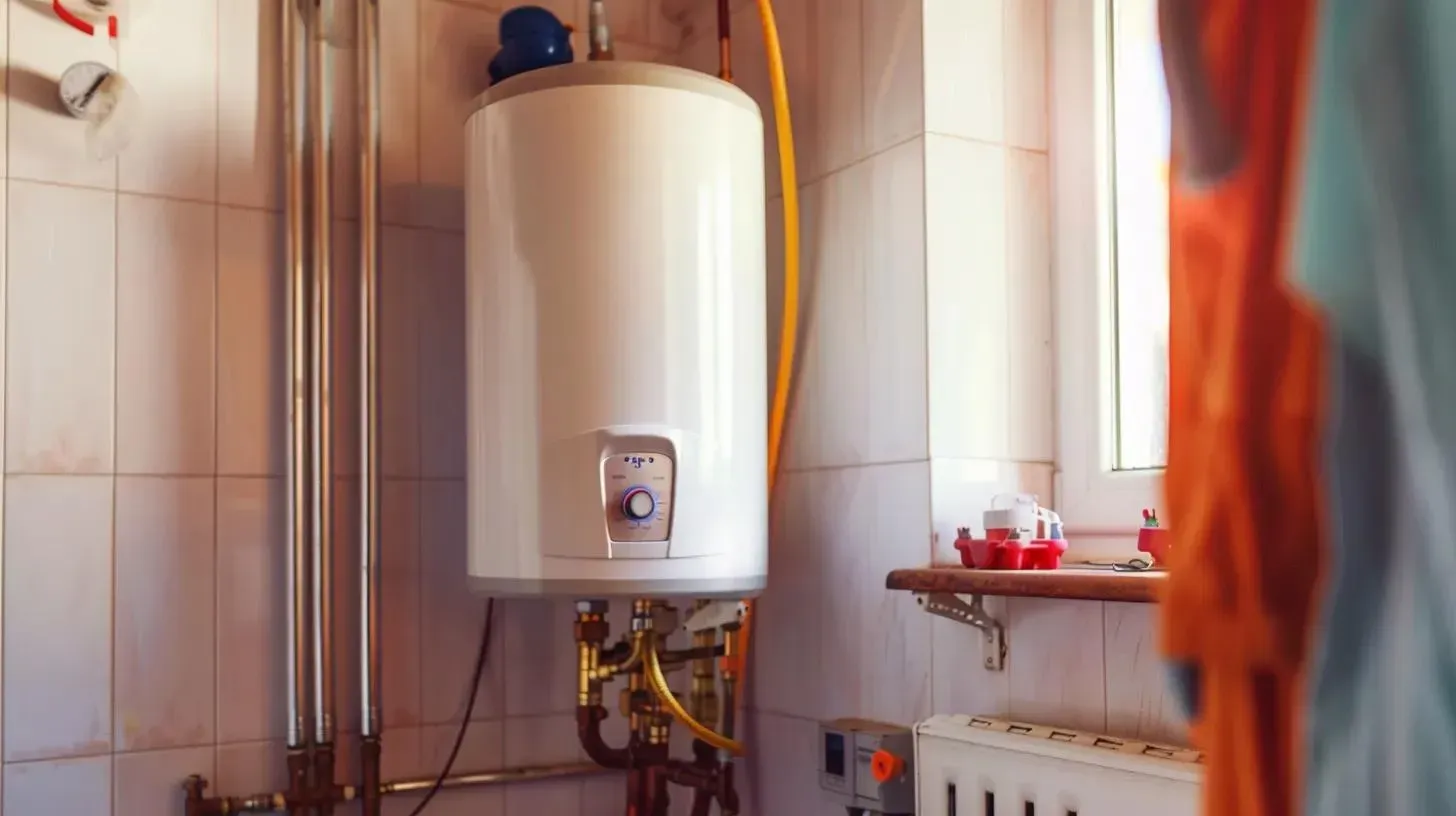Preventing the Backflow Blues: What Every Homeowner Should Know
Preventing the Backflow Blues: What Every Homeowner Should Know
When it comes to home maintenance, understanding a residential backflow preventer is crucial for both safety and peace of mind. These devices are essential in preventing contaminated water from seeping back into your home's clean water supply. This not only ensures your water stays safe but also helps you avoid hefty fines associated with water supply contamination.
Key Details About Residential Backflow Preventers:
- Purpose: Stops contaminated water from reversing into your clean water lines
- Importance: Protects health, maintains water quality, meets legal requirements
- Maintenance: Needs rebuilding or replacement every five years, annual testing recommended
Staying aware and informed can save homeowners from unexpected plumbing headaches. A damaged backflow valve can lead to messy and costly problems like drain build-ups or, worse, contamination. Awareness of these potential issues and proactive maintenance can prevent these headaches for Denver Metro area homeowners.
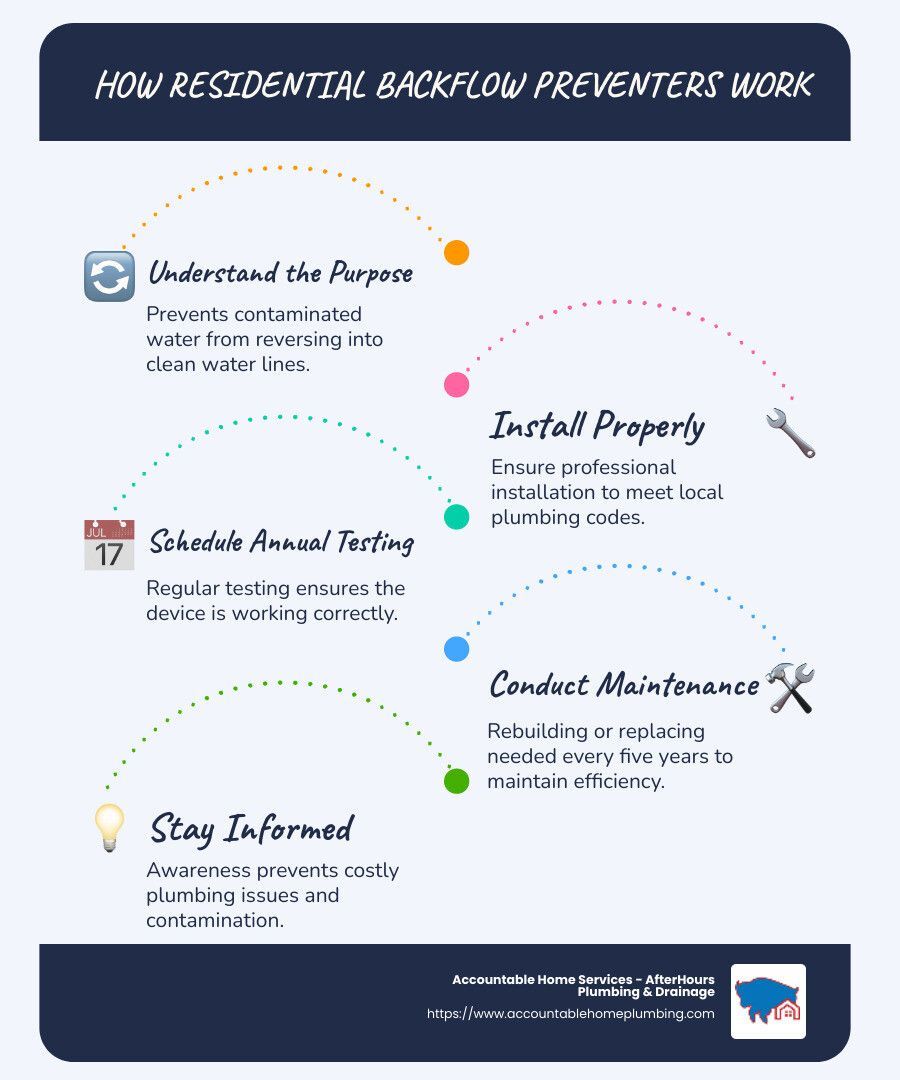
Understanding Residential Backflow Preventers
A residential backflow preventer is a vital component in your home's plumbing system. Its main job is to stop contaminated water from flowing backward into your clean water supply. This is crucial for keeping your water safe and clean.
Types of Backflow Preventers
There are several types of backflow preventers, each suited for different situations:
- Atmospheric Vacuum Breaker (AVB): This is a simple and commonly used device. It relies on air pressure to prevent back-siphonage. When water pressure drops, the air inlet valve opens to stop contaminated water from reversing direction.
- Pressure Vacuum Breaker (PVB): Similar to an AVB but with added features like spring-loaded check valves and test valves. This makes it suitable for high-hazard situations. It requires regular testing to ensure it functions correctly.
- Double-Check Valve: This device uses two check valves to provide a reliable barrier against backflow. It's typically used in low-risk situations where the potential for contamination is less severe.
- Reduced Pressure Principle Assembly (RPZ): This is the most advanced type of backflow preventer. It offers the highest level of protection by using a relief valve to discharge any backflowing water. It's often used in high-risk scenarios where contamination could have serious consequences.
Benefits of Backflow Preventers
Having a residential backflow preventer installed offers several important benefits:
- Public Health Protection: By preventing contaminated water from entering your home's clean water lines, these devices protect your family's health.
- Water Quality: Keeping your water supply free from pollutants is essential for maintaining high water quality. Backflow preventers are a crucial part of this process.
- Legal Compliance: Many local plumbing codes require the installation of backflow preventers to protect public water systems. Compliance with these regulations is not only legally necessary but also beneficial for your community's overall safety.
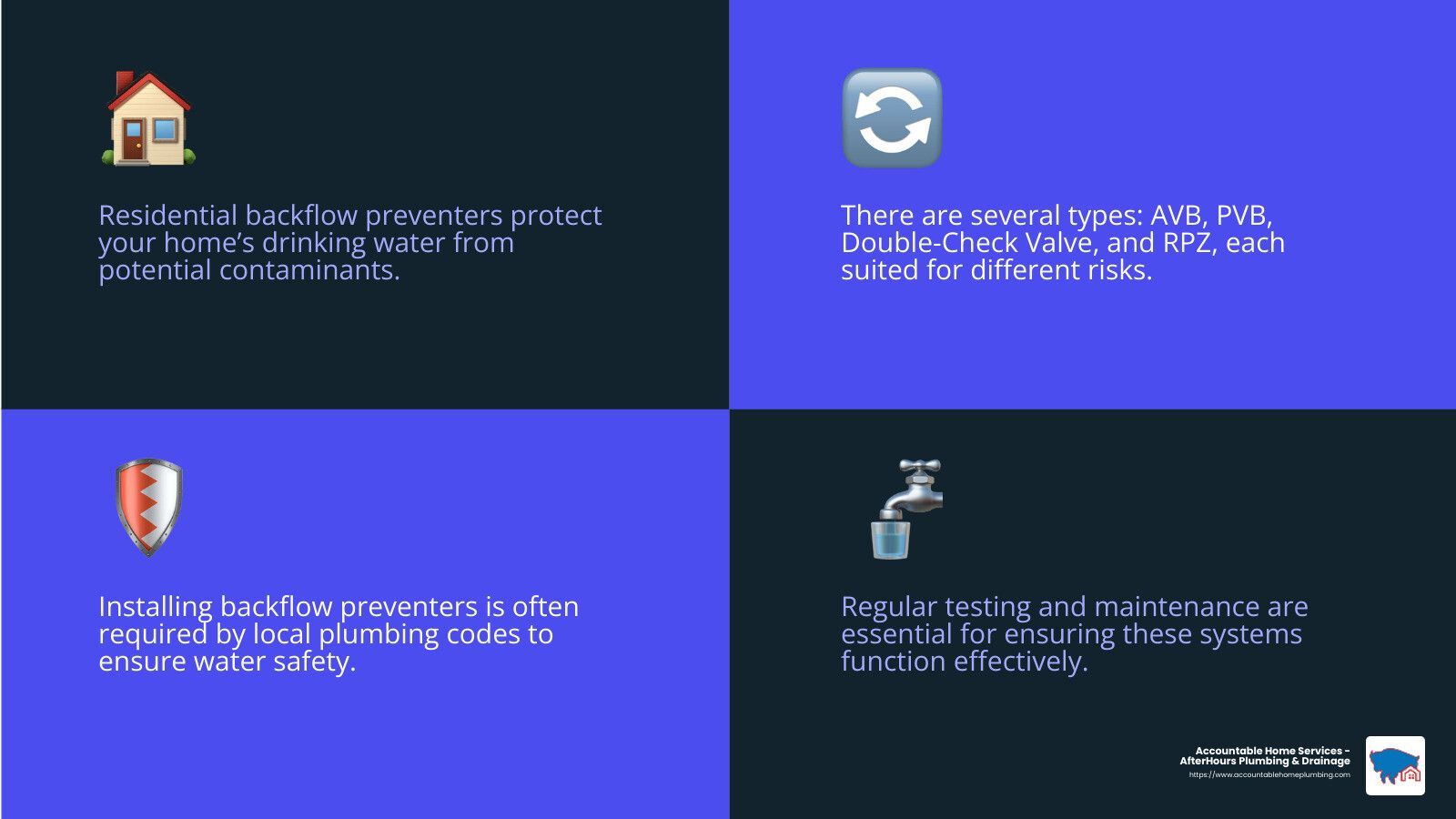
Understanding the types and benefits of residential backflow preventers can help you make informed decisions about your home's plumbing system. Regular maintenance and testing are key to ensuring these devices continue to protect your water supply effectively.
Installation and Maintenance of Backflow Preventers
When it comes to residential backflow preventers, proper installation and maintenance are crucial to ensuring they function effectively. Let's explore where these devices are commonly installed and how to keep them in top shape.
Common Installation Locations
Main Water Line
The main water line is a critical spot for installing a backflow preventer. By placing it here, you ensure that any potential contaminants are stopped right at the source, keeping your entire plumbing system safe.
Irrigation Systems
If you have an irrigation system, a backflow preventer is essential. It prevents fertilizers, pesticides, and other chemicals from flowing back into your clean water supply. This is especially important if you have a separate irrigation meter.
Underground Applications
For homes with complex plumbing systems, installing backflow preventers underground can be an efficient solution. However, it requires professional expertise to ensure proper placement and accessibility for maintenance.
Maintenance Tips
Annual Testing
Backflow preventers need regular testing to ensure they are working correctly. It's recommended to have a professional test them annually. This helps catch any issues early before they become serious problems.
Professional Inspection
Hiring a professional for installation and inspection is always a good idea. They have the expertise to spot potential issues and ensure everything is up to code. Plus, professional installers can provide documentation for compliance with local regulations.
Troubleshooting
Even with regular maintenance, issues can arise. Common problems include leaks or a drop in water pressure. If you notice these signs, it might be time to call in a professional to assess and fix the problem before it leads to contamination.
Keeping your residential backflow preventer in good condition protects your home and your family. Regular maintenance and professional inspections are key to ensuring these devices work effectively.
Frequently Asked Questions about Residential Backflow Preventers
Do you need a backflow preventer on a house?
Yes, you do! A residential backflow preventer is essential in many situations to protect your home's water supply from contamination. According to plumbing codes, any home with an irrigation system, swimming pool, or other potential cross-connections should have a backflow preventer installed. This device ensures that water flows in only one direction, preventing contaminants from flowing back into your clean water supply.
An air gap is another method used to prevent backflow, but it's not always sufficient on its own. An air gap is simply a physical space between the water outlet and the flood level of a fixture. While it helps prevent contamination, it doesn't provide the same level of protection as a backflow preventer.
How much does a residential backflow preventer cost?
The cost of a residential backflow preventer can vary based on several factors. Generally, you can expect to pay anywhere from $100 to $500 for the device itself. Installation costs will depend on the complexity of your plumbing system and the type of backflow preventer you choose.
Different types of backflow preventers, such as atmospheric vacuum breakers, pressure vacuum breakers, and double-check valves, come with different price tags. Professional installation is recommended to ensure the device is installed correctly and complies with local plumbing codes.
What is the difference between a backflow preventer and a backflow valve?
While both devices aim to prevent backflow, they function differently. A backflow preventer is a more comprehensive system designed to stop contaminated water from flowing back into your clean water supply. It typically involves a series of valves and mechanisms to ensure one-directional flow.
On the other hand, a backflow valve is a simpler device that allows water to flow in only one direction. While effective for basic applications, it doesn't offer the same level of protection as a full backflow preventer system. For complete system protection and contamination prevention, a backflow preventer is the recommended choice.
Keeping your home's water supply safe from contamination is crucial, and understanding the role of backflow preventers is a big part of that. Whether you're considering installation or just need more information, knowing the basics can help you make informed decisions.
Conclusion
At Accountable Home Services - AfterHours Plumbing & Drainage, we understand the importance of keeping your home's water supply safe and uncontaminated. That's why we offer reliable plumbing services throughout the Denver Metro area, specializing in the installation and maintenance of residential backflow preventers.
Our team is committed to providing top-notch service with upfront pricing, ensuring that there are no hidden fees. We know that plumbing issues can arise at any time, so we offer 24/7 emergency repairs to address your needs promptly and effectively.
Whether you're in Broomfield, Westminster, Thornton, or any of the surrounding communities, you can count on us for expert advice and professional installation of backflow prevention systems. Protect your water supply and ensure compliance with local plumbing codes by trusting our skilled technicians for all your plumbing needs.
Explore our comprehensive plumbing services to keep your home running smoothly. From routine maintenance to emergency repairs, we're here to help you every step of the way. Don't let backflow issues disrupt your peace of mind—let us handle it for you.

